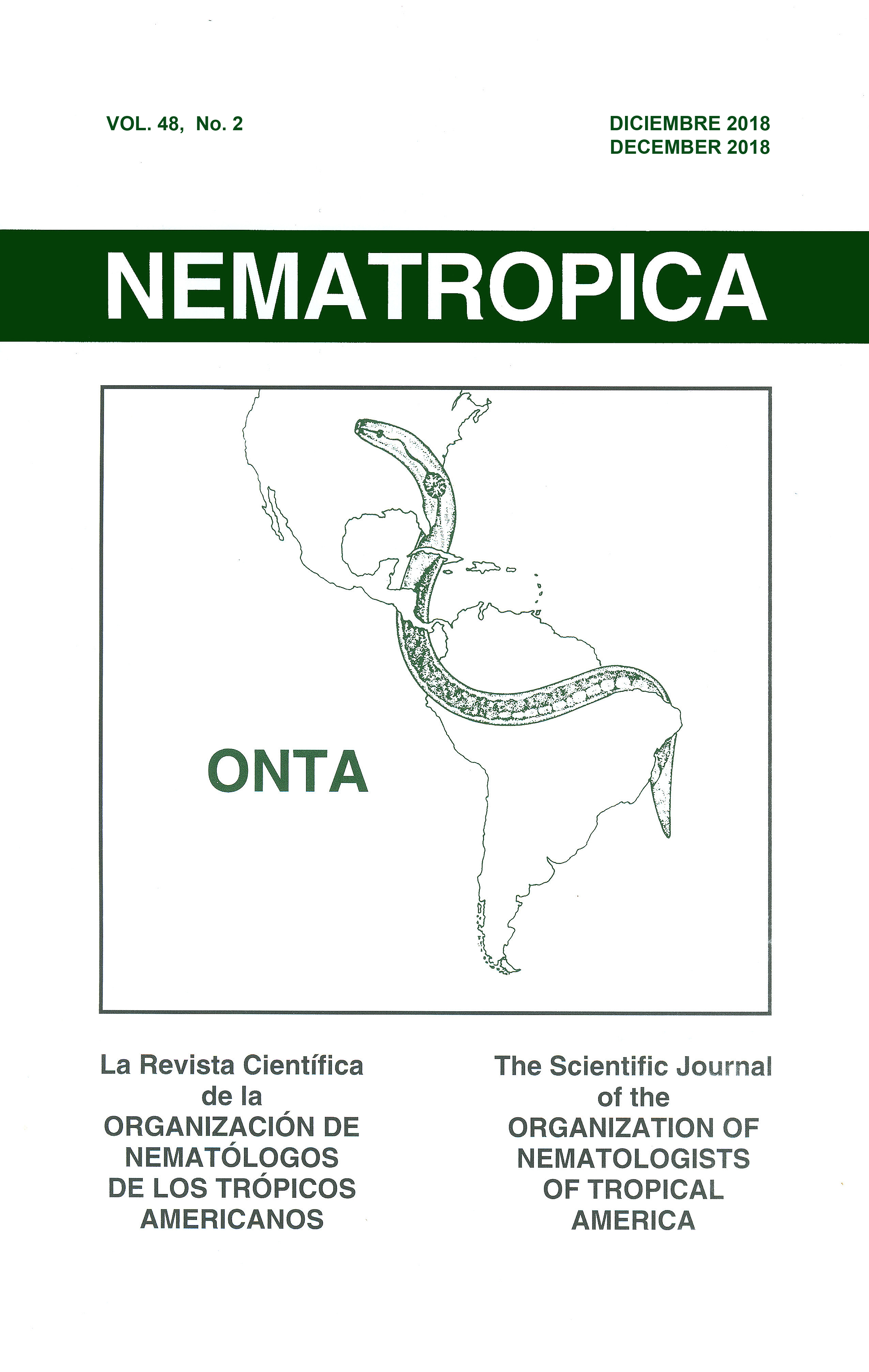RESPONSE OF WILD SOLANACEAE TO MELOIDOGYNE INCOGNITA INOCULATION AND ITS GRAFT COMPATIBILITY WITH TREE TOMATO (SOLANUM BETACEUM)
Keywords:
affinity, graft survivorship, knots, resistance, toleranceAbstract
The Solanaceae includes wild species that have been reported as being resistant to soil borne pathogenic agents. In the Ecuadorian Amazon region, diversity is found among specimens of this plant family. This investigation evaluated the response of seven wild Solanaceae to inoculation with root-knot nematode (Meloidogyne incognita). Resistance to the nematode was observed in the Solanaceae collected in Misahuallí (SN5) (Napo Province), which also showed a low total number of galls; whereas the other six showed susceptibility. Regarding compatibility with tree tomato (Solanum betaceum), only Solanaceae SN2 and SO7 collected in the localities of San Carlos (Orellana Province) and Curimuyo (Napo Province), respectively, resulted in less than 90% graft survival. Solanaceae S06 collected in the province of Morona Santiago, resulted in the best affinity (1.14) with the fruit species; however, SN5 also resulted in an acceptable value (1.19). SN5 would be recommended to be utilized as rootstock due to the characteristics previously mentioned.

